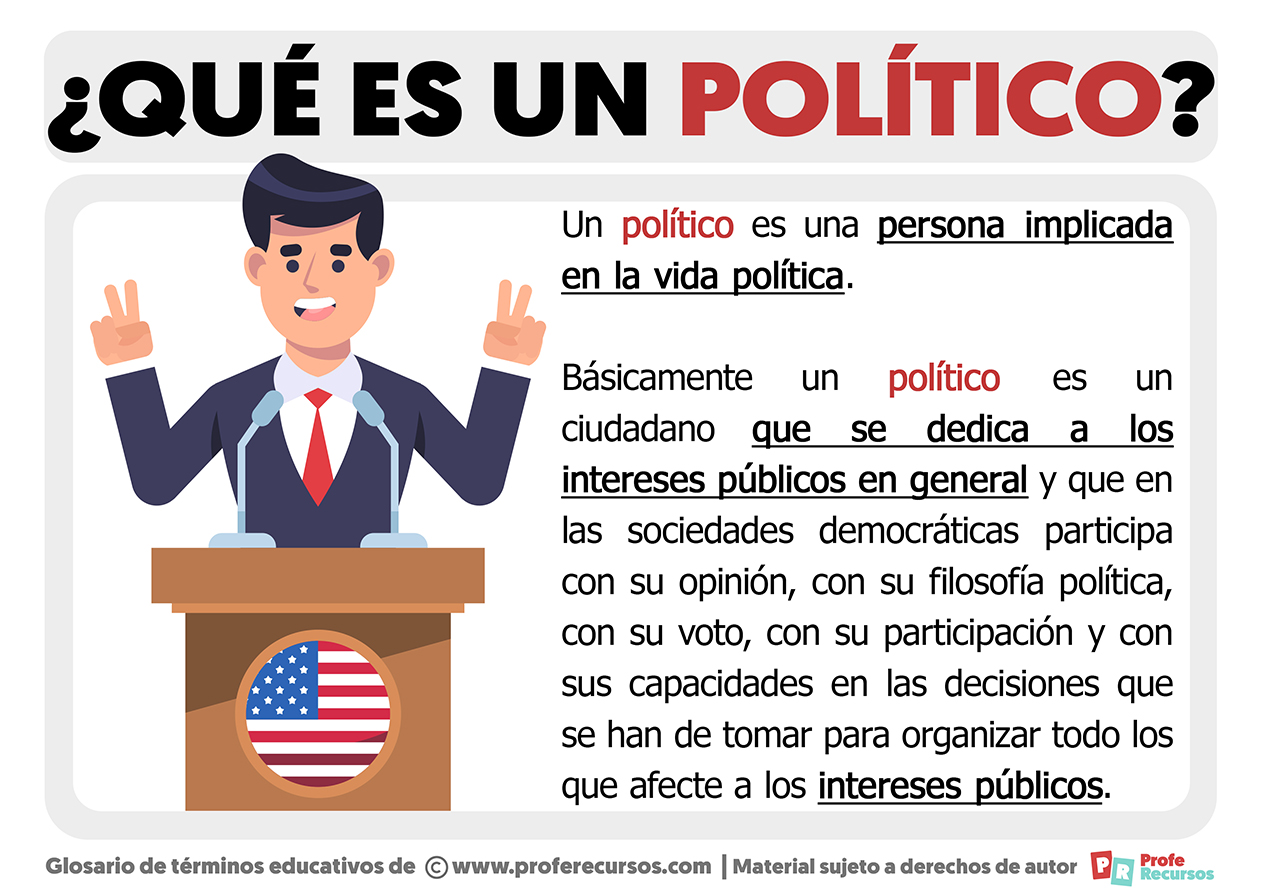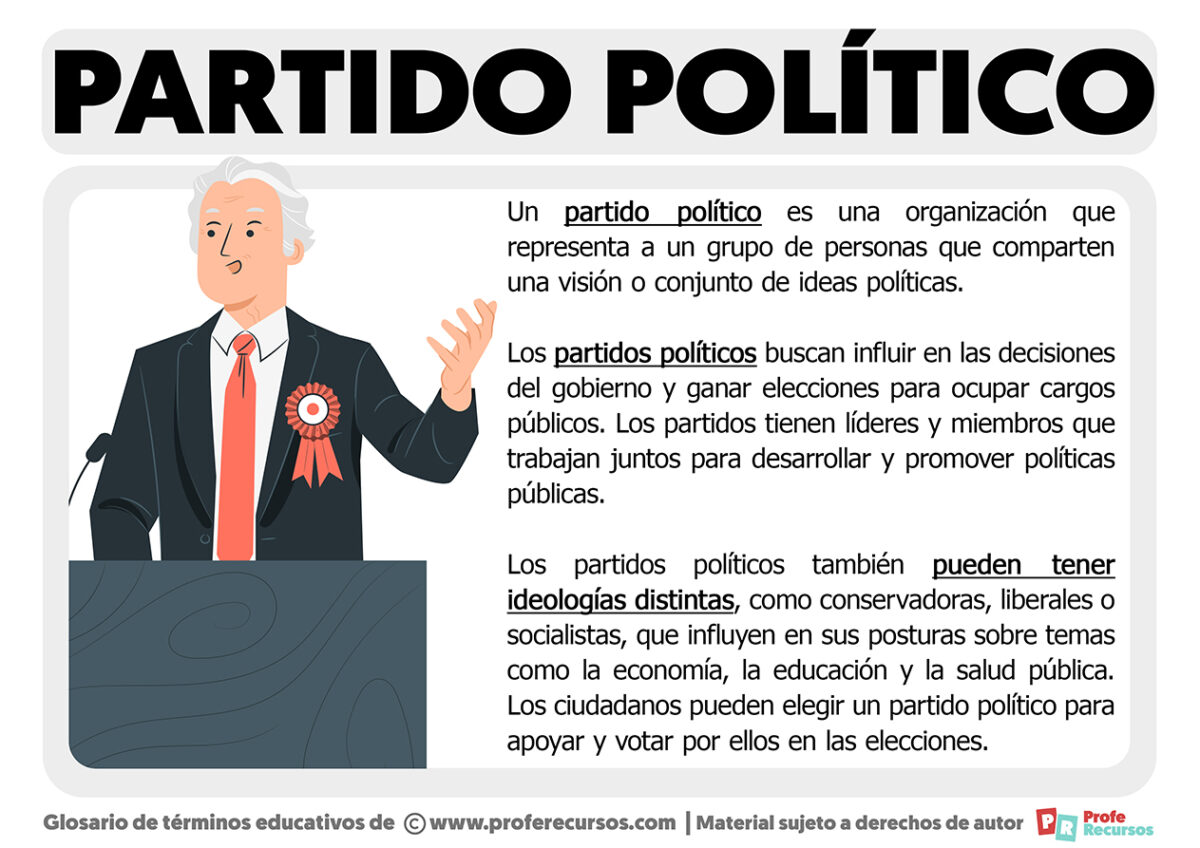Politico Payroll: Unraveling The Web Of Media Funding And Transparency
The recent stir around **Politico Payroll** issues has ignited a crucial conversation about the intricate financial ties between media organizations and government entities. What began as a seemingly mundane "technical error" leading to delayed paychecks for Politico staffers quickly spiraled into widespread speculation, fueled by social media and the revelation of significant government funding. This incident has brought to the forefront critical questions about media independence, financial transparency, and the public's trust in news outlets, especially those reporting on the very institutions that might be contributing to their coffers.
At the heart of the matter lies a complex interplay of public records, social media claims, and official denials. The saga of Politico's delayed payroll became a flashpoint, highlighting the delicate balance news organizations must maintain between operational stability and perceived impartiality. As we delve deeper, we'll explore the timeline of events, dissect the various claims and counter-claims regarding government funding, and discuss the broader implications for the media landscape and its crucial role in a democratic society.
Table of Contents
- The Unexpected Delay and Initial Explanation
- Speculation Ignites: The Government Funding Link
- The $8 Million Revelation and Musk's Post
- Fact-Checking the Funding Claims: USASpending.gov Insights
- The Broader Picture: Government Payments to Media Outlets
- USAID Funding and Political Narratives
- The Essence of Media Independence and Trust
- Lessons Learned from the Politico Payroll Incident
The Unexpected Delay and Initial Explanation
The story of the **Politico payroll** disruption began unassumingly. Employees at the prominent political news organization were caught off guard when their paychecks failed to arrive for a recent pay period. This unexpected delay naturally caused immediate concern and frustration among staff. According to internal emails shared by staff, company leadership swiftly addressed the issue, attributing the problem to a "technical error" within their payroll system. They promised to investigate the matter thoroughly and resolve it promptly, assuring employees that their pay would be disbursed. Indeed, within roughly 24 hours, staff reported that their pay had been disbursed, seemingly bringing an end to the immediate crisis. However, what started as a simple technical glitch quickly escalated into a much larger public discussion, largely due to external factors and the highly charged political environment. The swift resolution of the payroll issue did little to quell the brewing storm of speculation that would soon engulf Politico, raising questions far beyond a mere system malfunction. This initial hiccup, though quickly rectified, served as the unexpected catalyst for a broader examination of Politico's financial underpinnings.Speculation Ignites: The Government Funding Link
As news of Politico's missed payroll trickled out, particularly on social media platforms, a wave of speculation began. Users on X (formerly Twitter) were quick to draw connections between the payroll issue and broader political events. One prominent theory that gained traction was the idea that the payroll problem was directly related to the administration’s alleged efforts to eliminate funding for USAID (United States Agency for International Development). This speculation was fueled by the coincidental timing: Politico allegedly didn't pay its employees on the same day that former President Trump ceased funding USAID for the first time ever. The narrative suggested a direct causal link, implying that the withholding of USAID-related payments to Politico had an "urgent" impact on their ability to meet payroll. This rapid-fire speculation underscored a pre-existing distrust among some segments of the public regarding the financial independence of major media outlets. The idea that a news organization might be financially reliant on government funds, especially from an agency like USAID, immediately raised red flags for those concerned about potential bias or undue influence in reporting. The incident transformed from a simple technical glitch into a perceived symptom of a deeper, more systemic issue concerning media funding and its implications for journalistic integrity.The $8 Million Revelation and Musk's Post
The speculation surrounding Politico's financial ties to the government intensified dramatically with the emergence of a specific claim regarding substantial funding. A post, widely circulated on social media by Elon Musk (viewed more than 2 million times), included a screenshot purporting to show that Politico LLC had received a staggering $8.1 million from an unspecified government agency. This revelation, coming hot on the heels of the payroll disruption, supercharged the narrative of financial interdependence between media and state. Politico staffers themselves, according to reports, saw their initial anger over the late payroll quickly shift to anxieties over Musk's post and the implications of such a large sum. The post, often framed with headlines like "Doge cancels Politico’s government funding after $8 million in subscription contracts revealed," suggested a direct link between the alleged $8 million in government contracts and Politico's financial woes. Conservative journalists and "MAGA media" outlets quickly seized upon this information, digging into public records on USASpending.gov and claiming to have uncovered that the government had paid Politico $8.2 million in the last 12 months. This substantial figure, if true, would indeed raise significant questions about the nature of the relationship between a news organization and the government it covers, fueling concerns about potential influence or even outright subsidization. The sheer scale of the alleged funding made the **Politico payroll** issue a matter of public debate far beyond a simple technical hiccup.Fact-Checking the Funding Claims: USASpending.gov Insights
In the wake of the viral claims about Politico receiving millions in government funding, particularly the $8.1 million figure, a closer look at official records became imperative. The White House, in an effort to clarify the situation, revealed that Politico had indeed received funds from USAID, but the amount was significantly smaller than widely reported: $44,000 for subscriptions. They explicitly denied subsidizing the media outlet, emphasizing that these payments were for legitimate services, namely subscriptions to Politico's content. Further corroboration came from official government expenditure databases. Records from USASpending.gov, a public website detailing federal spending, show payments to Politico totaling only $44,000 from USAID during fiscal years 2023 and 2024. This stark contrast between the viral $8.1 million claim and the verified $44,000 figure highlights the critical importance of fact-checking in the digital age. While Politico LLC did receive funds from USAID and other agencies, the nature and scale of these payments were often misrepresented in the initial flurry of social media speculation. Agencies, as records show, paid for subscriptions to Politico's publications, a common practice for government bodies needing access to specialized news and analysis. This distinction is crucial: paying for a subscription is fundamentally different from a direct subsidy intended to influence editorial content. The **Politico payroll** controversy, therefore, became a prime example of how quickly misinformation can spread, even when verifiable public data is available.The Broader Picture: Government Payments to Media Outlets
The **Politico payroll** incident, while specific in its details, is part of a larger, ongoing discussion about the financial relationships between government entities and media organizations. A recent review of federal government expenditures has revealed that media organizations, including not only Politico but also established giants like The New York Times, received millions in taxpayer dollars during the Biden administration. This funding, which has reportedly increased significantly in recent years, has been crucial for the operation of Politico and similar media outlets across the country. It's important to understand the various forms these payments can take. While the viral claims often focused on direct "subsidies," the reality is more nuanced. Government agencies, like any large organization, subscribe to news services, purchase advertising space, or contract for specific research and data analysis. For instance, payments for subscriptions, as seen with Politico's $44,000 from USAID, fall into this category. These transactions are often for legitimate services and access to information that government bodies require for their operations. However, the sheer volume and increasing trend of such payments raise valid questions about the potential for perceived or actual influence. The financial interdependence of media and state, even through legitimate means, can lead to public skepticism regarding the impartiality of reporting, especially when a news outlet is covering the very government that contributes to its revenue. This dynamic necessitates a high degree of transparency from both media organizations and government agencies to maintain public trust.USAID Funding and Political Narratives
The role of USAID funding became a particularly contentious point in the **Politico payroll** narrative, deeply intertwined with political agendas and claims.Trump and USAID: A Coincidental Timing?
The timing of Politico's missed payroll, coinciding with former President Trump's alleged cessation of USAID funding, became a central pillar of the conservative media narrative. President Trump himself spread unfounded claims that the government had paid Politico and other news media outlets for positive coverage of Democrats. This narrative suggested a direct cause-and-effect: stop USAID payments, and Politico fails to meet payroll. Conservative journalists quickly linked Politico’s alleged payroll crisis to the end of USAID funding, implying a direct financial dependency that, once severed, led to immediate operational difficulties. However, as established by USASpending.gov records, the actual USAID payments to Politico were a modest $44,000 for subscriptions, a far cry from the millions speculated. This discrepancy underscores how political narratives can distort facts to fit a pre-existing agenda, leveraging coincidental timings to create a seemingly plausible, yet ultimately misleading, story. The idea that such a relatively small amount from USAID could cause a major news organization like Politico to miss payroll stretches credulity, especially given their reported overall revenue.Impact on the Foreign Development Sector
While the direct link between USAID funding to Politico and its payroll issues was largely debunked, the broader context of foreign aid freezes does have significant real-world consequences. Foreign aid freezes can result in mass layoffs that could "crash" the industry, impacting thousands of U.S. workers in the foreign development field who are being furloughed or laid off as industry coffers dwindle. This broader impact on the foreign development sector, while not directly causing Politico's specific payroll glitch, provides a backdrop of genuine financial vulnerability within sectors connected to government funding. The discussion around USAID funding, therefore, taps into legitimate concerns about the stability of industries reliant on government contracts and grants. For the public, understanding the difference between a news organization receiving subscriptions for services and an industry facing collapse due to funding cuts is crucial for discerning the true impact of government financial decisions. The **Politico payroll** story, in this light, became a microcosm for a much larger debate about government spending, its beneficiaries, and its broader economic effects.The Essence of Media Independence and Trust
The entire **Politico payroll** saga serves as a stark reminder of the paramount importance of media independence and the delicate nature of public trust. When a news organization, particularly one that covers politics extensively, is perceived to have significant financial ties to the government it reports on, questions inevitably arise about its ability to deliver unbiased, objective journalism. This perceived financial interdependence can erode public confidence, making readers wonder if coverage is truly independent or subtly influenced by funding sources.Navigating the Information Landscape for Readers
For the general reader, the Politico incident highlights the increasing challenge of navigating a complex information landscape. With social media amplifying claims, both founded and unfounded, it becomes crucial for individuals to exercise critical thinking. This involves: * **Checking multiple sources:** Don't rely on a single post or headline. * **Looking for original data:** Seek out official records, like those on USASpending.gov, rather than relying on screenshots or interpretations. * **Understanding context:** Differentiate between legitimate business transactions (like subscriptions) and direct subsidies or undue influence. * **Considering the source of the claim:** Be aware of the potential biases of those spreading information. The incident underscores that even seemingly minor operational issues can be weaponized in the information war, making media literacy more important than ever for the public.The Role of Financial Transparency
For media organizations, the **Politico payroll** controversy underscores the critical need for robust financial transparency. While many news outlets are private entities, their role as public watchdogs demands a higher level of openness regarding their funding. This transparency can help preempt speculation and build trust. Clearly disclosing revenue streams, especially those from government entities, even if for legitimate services, can help mitigate accusations of bias or undue influence. Furthermore, it prompts a broader discussion within the media industry about how to sustain quality journalism in an increasingly challenging economic environment without compromising independence. The pursuit of diverse revenue streams is essential, but each source must be scrutinized for its potential to create real or perceived conflicts of interest. The public's right to know who funds the news they consume is fundamental to a healthy democracy.Lessons Learned from the Politico Payroll Incident
The **Politico payroll** disruption, initially attributed to a "technical error," quickly transcended its operational roots to become a significant point of contention regarding media funding and independence. The incident, amplified by social media and high-profile figures like Elon Musk, exposed the public's deep-seated anxieties about the financial ties between news organizations and government entities. While initial claims of multi-million dollar government subsidies were largely debunked by official records showing legitimate subscription payments, the episode underscored a critical vulnerability in public trust. This saga serves as a powerful reminder for both media outlets and the public. For news organizations, it highlights the absolute necessity of transparent financial practices and clear communication, even for minor operational glitches, to prevent misinformation from taking root. It reinforces the idea that even legitimate revenue streams from government sources can be misconstrued and weaponized in a politically charged environment. For readers, the incident is a stark lesson in media literacy: the importance of fact-checking, consulting official sources like USASpending.gov, and discerning between genuine financial relationships and unfounded claims. Ultimately, the integrity of journalism hinges on its perceived independence. As the lines between news, opinion, and political narratives continue to blur, maintaining clear boundaries and fostering trust through unwavering transparency will be paramount for media organizations like Politico. The discussion ignited by this payroll issue is not merely about a technical error; it's about the very foundation of how we consume information and the crucial role of a free and independent press in a democratic society. What are your thoughts on the financial ties between media and government? Do you believe these relationships impact journalistic integrity? Share your perspective in the comments below, and consider exploring other articles on our site that delve into media ethics and financial transparency in the digital age.- Usain Bolts Real Name
- Harry Connick Jr
- Iran Mens Volleyball Team
- When Was Fred Astaire Born And Died
- Duckduckgo Or Ecosia

Qué es un Político | Definición de Político

Qué es un Partido Político | Definición

ilustración dibujada a mano de dibujos animados de políticos con ideas